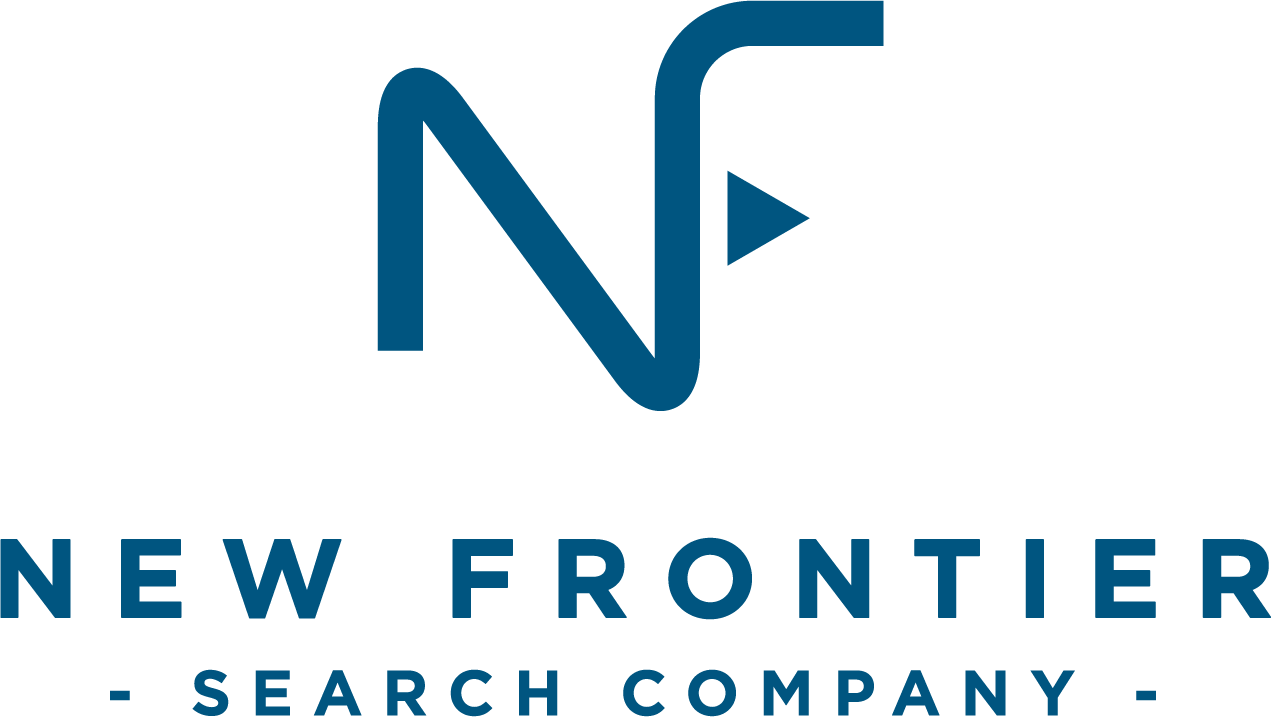When A Mentor Dies: Sorting Through The Gifts They Left Behind
/By Russ Riendeau, PhD
When you see behavior, believe it.
Where else does this behavior appear in your life?
What do you want your world to look like?
What do you want to be known for?
What is the legacy you want to leave behind each experience with others?
These quotes above are just some of the brilliant gifts one of my mentors left behind with his death, just a few weeks ago.When mentors die, they leave a legacy of wisdom and gifts we sort through, like boxes of old photos and mementos found in the attic.
In hospital, recovering from multiple surgeries from a fall, a kidney transplant and other challenges, I had a chance to speak with Dennis ten days before he died. Even that conversation, altered by heavy medications and devices he wore challenging his speech, he still asked the questions he asked 15 years ago to be sure I was acting authentic. And he too, checked in me to insure I was holding him accountable to what we had been working on.
Most of us will meet a few of these special people in our lives. People that push us without pushing us over. People that challenge us without judging our performance. People that ask us the right question without requiring an immediate answer. People that support our goals without constantly asking for a measurement. Such mentors create context and make our days more fulfilling--justified. A true mentor gives selflessly because that is who they are. They can’t help but ask the question that others won’t ask.
Sometimes, mentors are not the crowd favorite. Dennis was not always embraced by others not ready for his strong approach. He was a large man, a complicated man, with a quiet voice and sensitive demeanor. And he was often blunt, overtly direct, impatient, intimidating. He looked at you hard and ask questions that made people squirm with accountability. There were times, I too, was taken aback. But I knew his intentions were always good and I learned from him. A strong personality, when affected by disease, age and debilitation often lashes out, frustrated in one’s inability to carry the same pace and schedule. I, like his other friends and associates, could see the changes and challenges he was dealing with. His old self was being taken over by factors of the human kind. His outward energy retreating inward to try and heal, preserve and accept the medicines; ultimately, the reality of his death he could see before him.
It was difficult to watch and listen to his struggles and setbacks. He knew he was not going to get better and was every bit a realist. He did his best to set the course and stay the person he had been all the years I’d known him. And when the call came to say he’d died, I was not surprised, only sad and even relieved for him that his energy could now be used in a new way, in another place.
In these weeks since my friend Dennis has died, I’ve been reading through my notes, seeing the clues and patterns of his efforts to contribute his insights to both mine and members of our groups from over the last two decades. If you are fortunate enough be meet such a person, it will change your life for the better.
And I hope you have the chance experience the same sadness some day that I feel today, should you lose a great friend and mentor. Such sadness is a glorious testimony that his friendship mattered, his lessons mattered and this life made a difference in ours.

